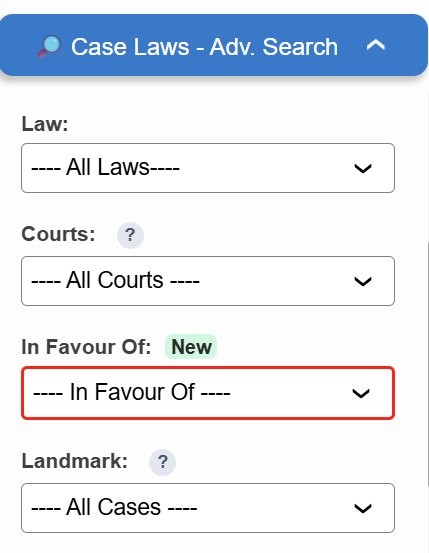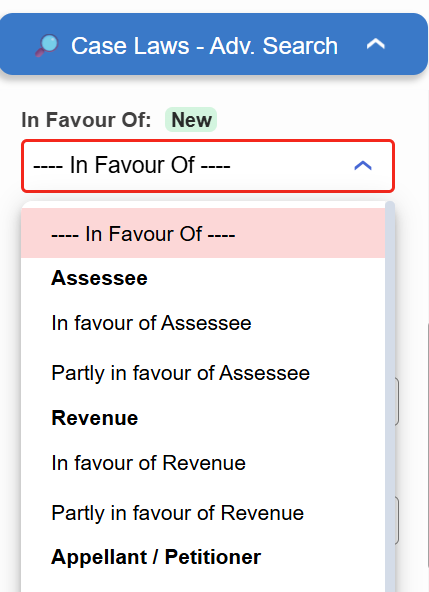Introducing the “In Favour Of” filter in Case Laws.
- ⚖️ Instantly identify judgments decided in favour of the Assessee, Revenue, or Appellant
- 🔍 Narrow down results with higher precision
Try it now in Case Laws →


Just a moment...
Introducing the “In Favour Of” filter in Case Laws.
Try it now in Case Laws →


By creating an account you can:
Press 'Enter' to add multiple search terms. Rules for Better Search
No Folders have been created
Are you sure you want to delete "My most important" ?
NOTE:
Note
Bookmark
Share
Don't have an account? Register Here
<h1>Kerala High Court clarifies CGST and SGST rules on ITC eligibility, upholding Sections 16(2)(c) and 16(4) validity.</h1> The Kerala High Court's judgement addresses the interpretation of provisions under the CGST and SGST Acts related to Input Tax Credit (ITC) eligibility. The court strictly interpreted Section 54(3), allowing refunds of unutilized ITC only when the inverted duty structure occurs due to higher tax rates on input goods compared to output supplies. It upheld the constitutional validity of Sections 16(2)(c) and 16(4), which impose conditions and time limits on ITC claims, clarifying that the non-obstante clause in Section 16(2) does not override these restrictions. The court allowed petitioners to claim benefits under specific government circulars within a month and adjusted the deadline for filing returns to November 30 annually for eligibility assessment.
 TaxTMI
TaxTMI